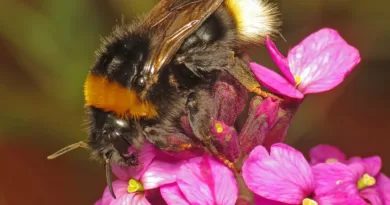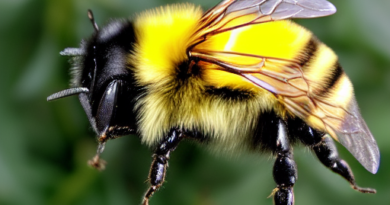Allergic Reactions to Bumblebee Stings: What You Need to Know
Introduction
Bumblebees are essential pollinators that play a vital role in maintaining biodiversity and supporting agricultural ecosystems. However, for some individuals, bumblebee stings can trigger allergic reactions that range from mild discomfort to life-threatening situations. In this comprehensive guide, we’ll delve into the world of allergic reactions to bumblebee stings, exploring symptoms, treatments, prevention, and everything in between. Whether you’re a nature enthusiast, a gardener, or simply someone who wants to be prepared, this article will provide you with valuable insights to navigate the outdoors with confidence.
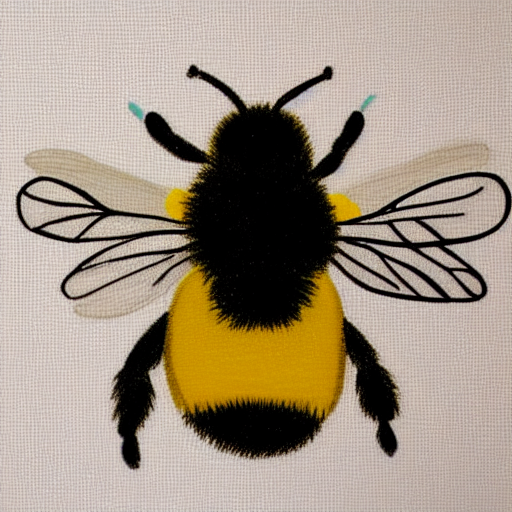
See Also: Do Bumble Bees Sting? And What You Can Do About It
Allergic Reactions to Bumblebee Stings
Experiencing a bumblebee sting can be painful, but most people only experience localized pain, swelling, and redness around the sting site. However, some individuals are hypersensitive to bee venom, which can lead to more severe reactions. Here are the common types of allergic reactions to bumblebee stings:
Localized Reactions
Localized reactions are the mildest type of response to bumblebee stings. They typically involve:
- Pain at the sting site
- Redness
- Swelling
These symptoms usually resolve within a day or two and can be managed with over-the-counter pain relievers and antihistamines.
Mild Allergic Reactions
Mild allergic reactions are more intense than localized reactions and may include:
- Increased swelling
- Itching and hives
- Mild nausea
While these symptoms can be uncomfortable, they usually subside within a week with appropriate care.
Severe Allergic Reactions (Anaphylaxis)
In rare cases, bumblebee stings can trigger anaphylaxis, a severe and potentially life-threatening allergic reaction. Symptoms of anaphylaxis include:
- Difficulty breathing
- Swelling of the throat and tongue
- Rapid drop in blood pressure
- Loss of consciousness
Pro Tip: If you or someone around you is experiencing symptoms of anaphylaxis, seek emergency medical attention immediately by calling 911.
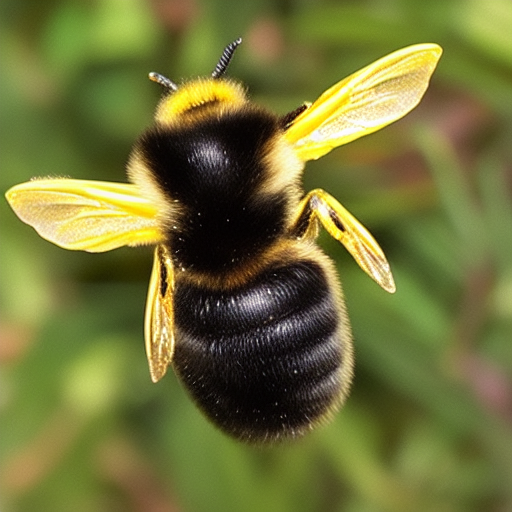
Identifying Allergic Individuals
It’s crucial to be aware of whether you’re allergic to bumblebee stings, especially if you spend time outdoors or in areas where bumblebees are prevalent. Consider the following approaches:
- Past Reactions: If you’ve been stung by a bumblebee before and experienced more than just localized symptoms, you might have an allergy.
- Skin Testing: An allergist can perform skin tests to determine if you have a bee venom allergy. Small amounts of allergens are applied to your skin, and reactions are observed.
- Blood Tests: Blood tests can measure the levels of specific antibodies in your blood, indicating an allergic response to bee venom.
Treatment Options
The treatment for allergic reactions to bumblebee stings depends on the severity of the response:
Mild to Moderate Reactions
For mild to moderate reactions, consider the following steps:
- Remove the Stinger: Scrape the stinger off the skin using a blunt-edged object to prevent more venom from being released.
- Clean the Area: Wash the sting site with soap and water to prevent infection.
- Cold Compress: Applying a cold compress can help reduce pain and swelling.
- Over-the-Counter Medications: Antihistamines and pain relievers can alleviate symptoms.
Severe Reactions (Anaphylaxis)
Anaphylaxis requires immediate medical attention:
- Use Epinephrine: If you have been prescribed an epinephrine auto-injector, use it as directed while waiting for medical help.
- Call 911: Seek emergency medical assistance immediately.
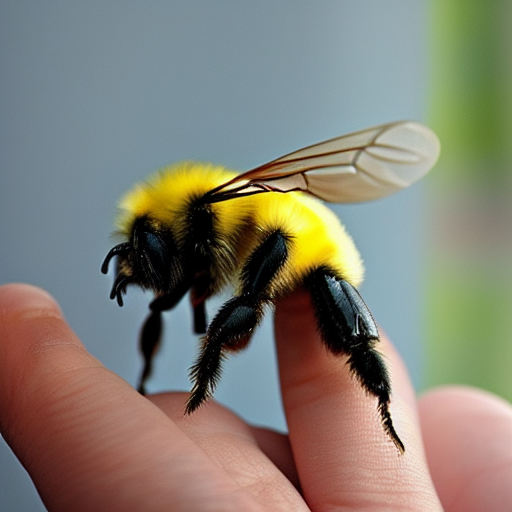
Preventive Measures
Prevention is key to avoiding allergic reactions to bumblebee stings:
- Avoid Provoking Bees: Stay calm and avoid swatting at bees, as this can provoke them.
- Wear Protective Clothing: When spending time in bee-friendly areas, wear light-colored, long-sleeved clothing and closed-toe shoes.
- Skip Fragrances: Avoid using scented lotions, perfumes, and brightly colored clothing, as these can attract bees.
- Inspect Outdoor Spaces: Regularly check your yard for bumblebee nests and hives, and keep these areas well-maintained.
- Consult an Allergist: If you’ve experienced allergic reactions before, consult an allergist for advice on preventive measures and emergency plans.
FAQs
Can bumblebee stings be fatal?
In rare cases, bumblebee stings can lead to anaphylaxis, a severe allergic reaction that can be fatal if not treated promptly.
How quickly do allergic reactions occur after a sting?
Allergic reactions to bumblebee stings can occur within minutes to hours after the sting.
Are all bumblebee stings dangerous?
For most people, bumblebee stings are painful but not dangerous. However, individuals with allergies can experience severe reactions.
Can I develop an allergy to bee stings over time?
Yes, it’s possible to develop an allergy to bee stings over time, even if you’ve been stung without a reaction before.
Is there a cure for bee sting allergies?
While there is no cure for bee sting allergies, allergists can provide guidance on management, prevention, and emergency treatment.
Can children outgrow bumblebee sting allergies?
Yes, some children may outgrow allergies to bumblebee stings, but it’s essential to consult an allergist for proper assessment.
Conclusion
Understanding allergic reactions to bumblebee stings is essential for everyone, whether you’re an avid nature lover or just someone who enjoys spending time outdoors. By recognizing the signs of allergic reactions, taking preventive measures, and knowing how to respond in case of emergencies, you can confidently coexist with bumblebees and appreciate their vital role in our ecosystem.
Enjoyed this article? You may also like:
Do Bumble Bees Sting? And What You Can Do About It
Do bees have knees? Facts Behind Bees Knees
Does Febreze kill Ants? Things You Need to Know
Do Ants Poop? The Fascinating answer to one of nature’s most puzzling questions!


